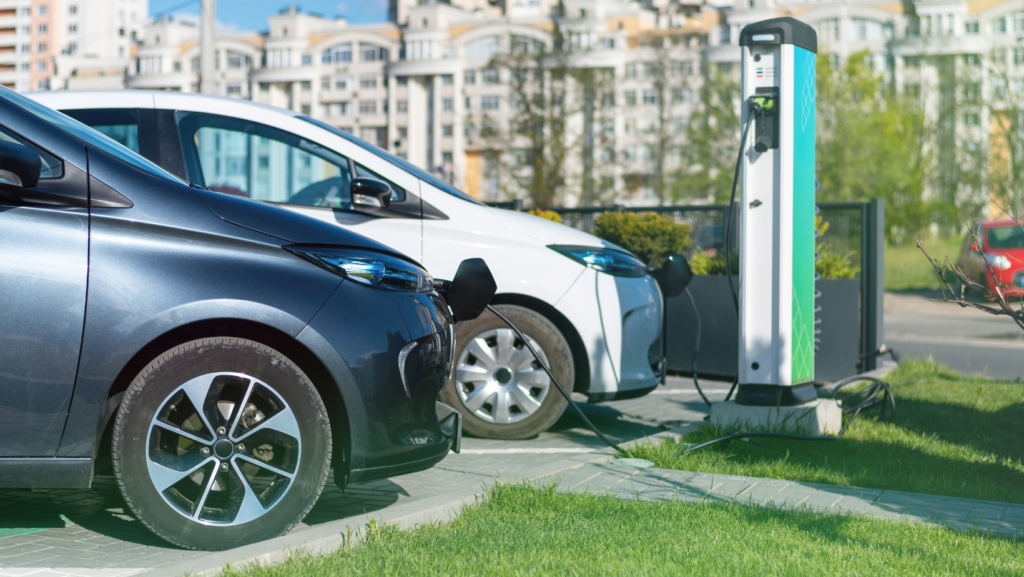From electric bikes to scooters, from hoverboards to electric cars, personal electric vehicles are revolutionizing the way we commute. They’re silent, efficient, and, most importantly, they’re kind to our planet. But what exactly makes them tick? And are they truly the future of transportation? Let’s embark on this electrifying journey to find out.
Personal Electric Vehicles
The Pros and Cons of Personal Electric Vehicles
Delving deeper into the world of personal electric vehicles, let’s examine the environmental implications, cost factors, and infrastructure requirements.
Environmental Impact
Personal electric vehicles (PEVs) offer significant potential for minimizing carbon emissions. They run on electricity, meaning they don’t spew pollutants unlike internal combustion engines. However, the production of electricity and batteries, primarily from coal-powered plants and lithium mining, poses environmental concerns.
Long-Term Affordability

Although the upfront cost of PEVs can be higher, long-term expenditure proves lower. Expenses such as fuel, maintenance, and repairs, common with traditional vehicles, diminish significantly. Nonetheless, the high initial price and battery replacement costs remain a hurdle for many potential buyers.
PEVs can cover a substantial distance on a single charge, making them suitable for local commuting. Yet, range anxiety persists due to limitations for long-distance travel. Moreover, the inadequate charging infrastructure is still a significant handicap, particularly in less urbanized areas.
Reviewing the Top Personal Electric Vehicles
Riding on existing discussions, it’s now key to highlight how some popular personal electric vehicles fare in terms of functionality, efficiency, and convenience.
Electric Cars & Bicycles
Electric cars stand as an emblem of sustainable transportation, combining energy-efficient technology with exceptional convenience. Tesla Model 3, Nissan Leaf, and Chevy Bolt exemplify the move towards sustainable mobility, offering superb range, substantial savings on fuel, and cutting-edge technology features.

Offering a blend of exercise and automation, electric bicycles cater to fitness enthusiasts and daily commuters alike. Models like the Trek Verve+ 2 and Rad Power Bikes RadRover 5 offer pedal assist features for a more effortless ride, rendering them incredibly practical for long-distance biking and hilly terrains.
Electric Skateboards
Perfect for tech enthusiasts and adventurous commuters, electric skateboards make in-city navigation fun. Products like Boosted Mini X and Evolve Bamboo GTR impress with their speed, range, and robust build, turning dreary commutes into adrenaline-filled joyrides.
Pointers to Consider Before Buying a Personal Electric Vehicle
Each personal electric vehicle purchase necessitates careful consideration. It’s important to prioritize factors such as range and battery life, charging infrastructure, and maintenance and durability.
Charging Infrastructure
Analyze critical aspects of charging infrastructure too. Apt charging stations ensure convenient use of vehicles. Chevrolet Bolt, for example, can be charged at any Level 2 or DC Fast charging stations. Therefore, before ensure ample charging options in proximity.
Lastly, consider the vehicle’s maintenance requirements and durability. Electric scooters like Glion Dolly require minimal upkeep yet provide robust performance. Hence, select a vehicle whose upkeep aligns with your capability and its durability suffices your use.
Legal and Regulatory Landscape for Personal Electric Vehicles
Understanding the legalities and guidelines underpinning the use of personal electric vehicles is paramount. In this panorama, domestic and global dictums play diverse roles.
Domestic & Global Policies and Regulations

In the United States, rules for personal electric vehicles vary across states. For instance, some areas demand electric bikes follow conventional bicycle regulations, while others require licensing or insurance. Certain urban territories may also restrict the use of electric scooters.
Globally, countries like the Netherlands, China, and Denmark lead in adopting favorable policies for electric vehicles. These range from extensive charging infrastructure to attractive purchase incentives. Notably, European countries are speeding ahead with more stringent emission standards.
Future of Sustainability
Personal electric vehicles aren’t just a trend; they’re a step toward a more sustainable future. They offer a greener, more efficient way to travel, making them a worthwhile investment for those conscious of their carbon footprint. Despite hurdles like high initial costs and range limitations, advancements in technology are steadily addressing these issues. With nations worldwide adopting favorable policies, the infrastructure for these vehicles is improving. The choice to go electric is becoming increasingly viable and appealing.

